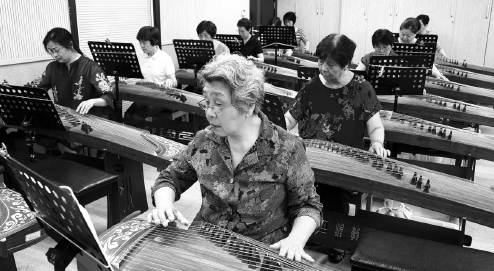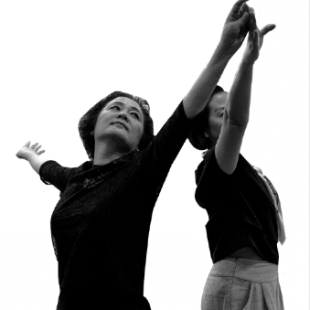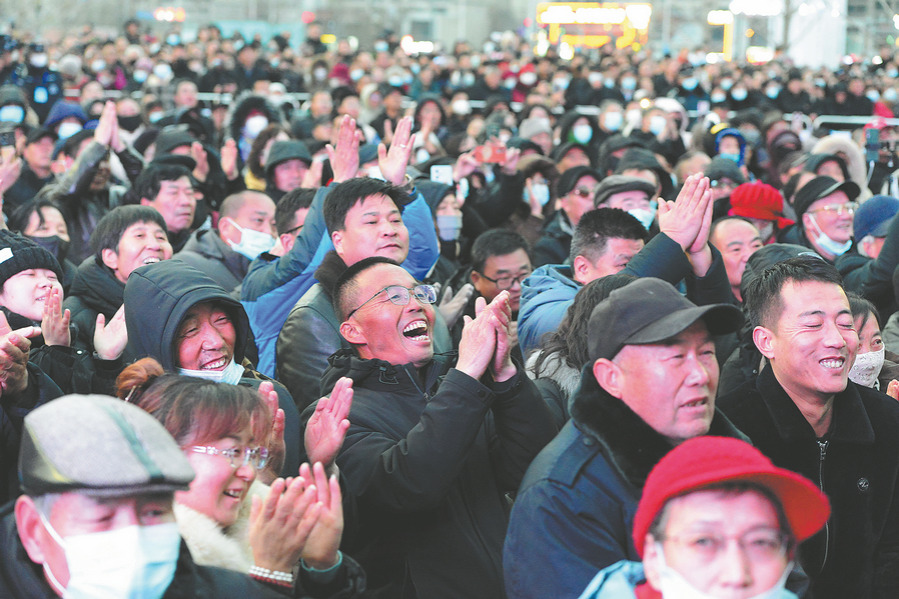China's senior citizens flock back to school


While some of her peers spend most of their time taking care of their grandchildren and watching television, 63-year-old Wang Huizhen has opted to revisit something that she left behind decades ago-study.
Since enrolling in the Shanghai University for the Elderly in 2011, Wang has been taking four classes every week with subjects including foreign languages, dancing and singing. She is the monitor in her class and has raked in 72 credits so far.
The primary reason behind her decision to study again, said Wang, was the mundane life she had after retirement.
"All I did was play cards and watch television. Life was boring. Going to college again has made my retirement life more colorful and meaningful," she said.
"I feel that my passion for life has become stronger since I enrolled in the university. In fact, this passion is so strong that my friends have even said that I've turned into a completely different person who is always happy."
Universities for senior citizens are nothing new. The rapid increase in China's elderly population and the growing demands for a better quality of life have resulted in a spike in the number of institutes such as the Shanghai University for the Elderly. According to a Chinese association of educators for senior citizens, there are currently more than 70,000 elderly universities in China with over 8 million enrolled students.
In fact, these universities are proving to be so popular that people often face problems enrolling in one.
"These universities are so popular that many courses are booked within seconds of its release online," Wang said. "I had to stay awake till midnight when the online enrollment began just so I could get a place."
According to a recent Xinhua news report, only one out of 16 people manage to enroll in a popular course in Hangzhou universities for the elderly. Over in Guangzhou in Guangdong province, the 35 universities located there are filled to capacity every year.
Shanghai is the country's first city to be classified as an aging society. According to the Shanghai municipal government, 4.84 million people aged 60 or above account for 33.2 percent of the registered population. Despite being one of the leading Chinese cities in terms of offering education for seniors citizens, Shanghai's 292 elderly universities and 5,447 teaching schools only have space for 783,000 elderly, meaning only one in six get a chance to attend such colleges.





































